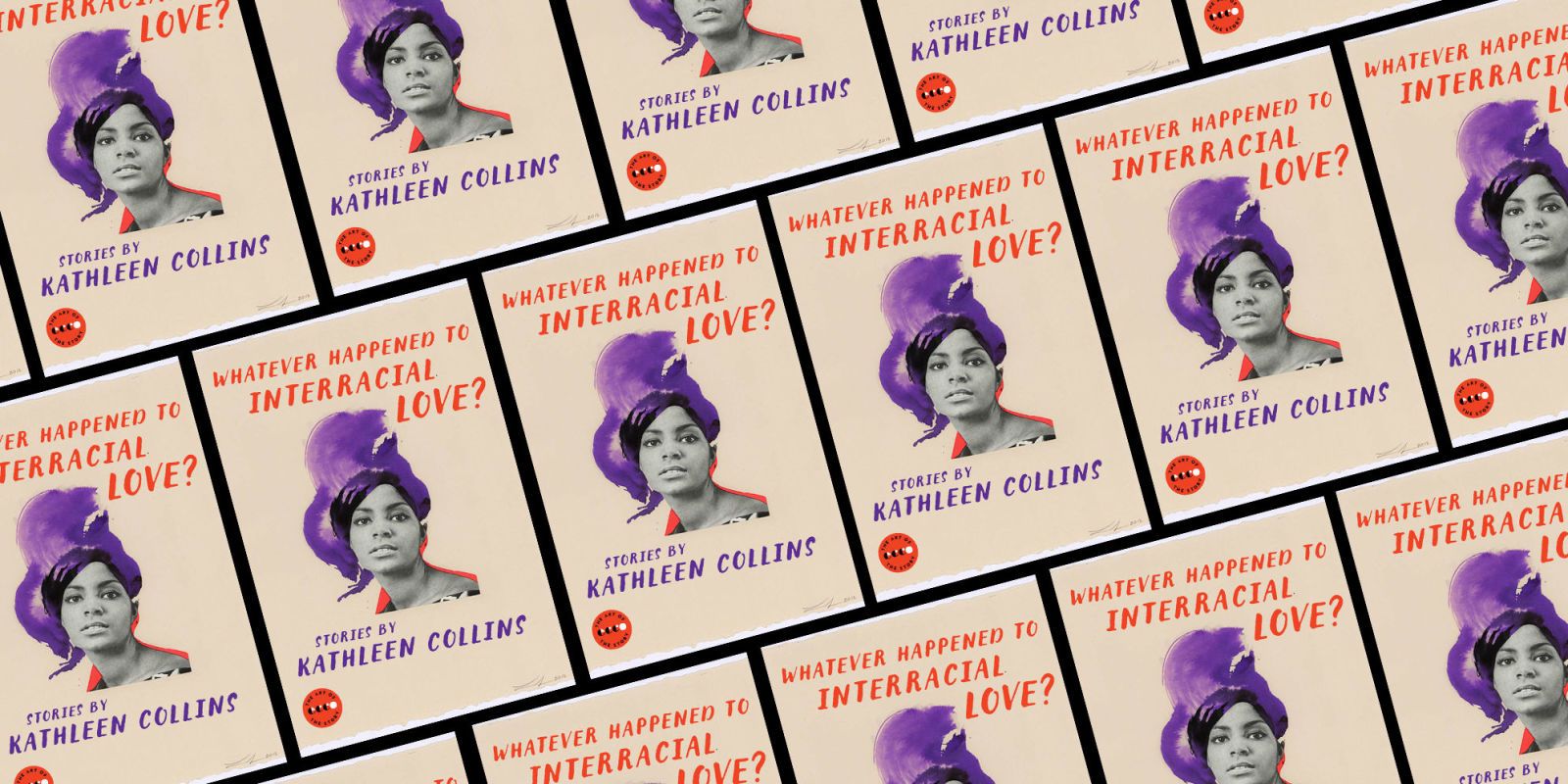

“From My Window,” 1978, by André Kertész © The Estate of André Kertész/Higher Pictures, New York City “If you are struggling with a moral decision and find yourself trying to feel someone else’s pain or pleasure, you should stop.” “I want to make a case for the value of conscious, deliberative reasoning in everyday life,” he writes in AGAINST EMPATHY: THE CASE FOR RATIONAL COMPASSION (Ecco, $26.99). But Yale psychologist Paul Bloom would reject Whitman’s felt identifications for a different reason: they are unlikely to lead to good moral outcomes. A contemporary undergraduate might raise her hand and remark that Whitman has no right to speak about the lives of others, a project that can so quickly turn into speaking on their behalf. What an incredible claim these stanzas make - that in his cosmic expansion of self, the poet not only hears or sees other people but becomes them. The twinges that sting like needles his legs and neck, the murderous buckshot and the bullets, The hounded slave that flags in the race, leans by the fence, blowing, cover’d with sweat,

The mother of old, condemn’d for a witch, burnt with dry wood, her children gazing on

How the skipper saw the crowded and rudderless wreck of the steam-ship, and Death chasing it up and down the storm. The courage of present times and all times, “I understand the large hearts of heroes,” wrote an ecstatic Walt Whitman in “Song of Myself”:


 0 kommentar(er)
0 kommentar(er)
